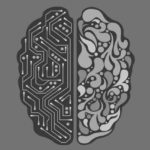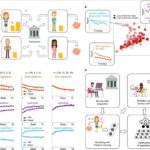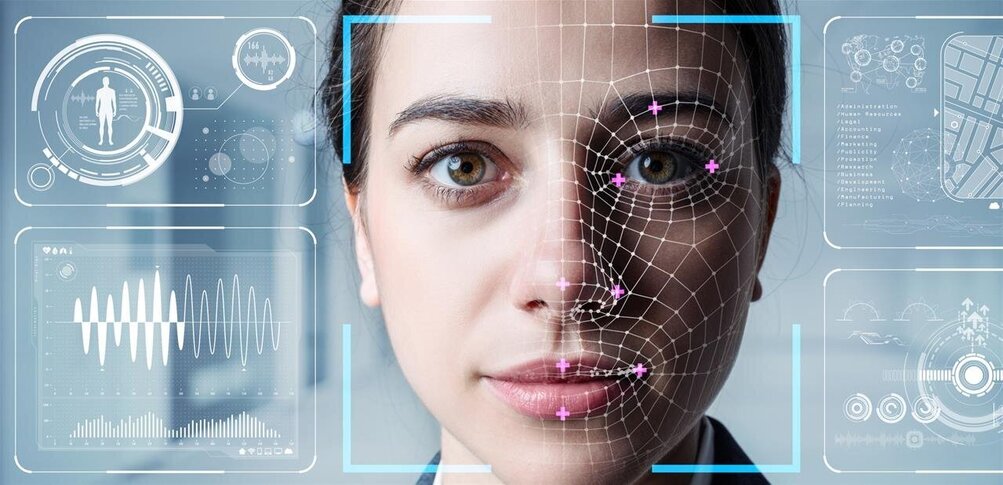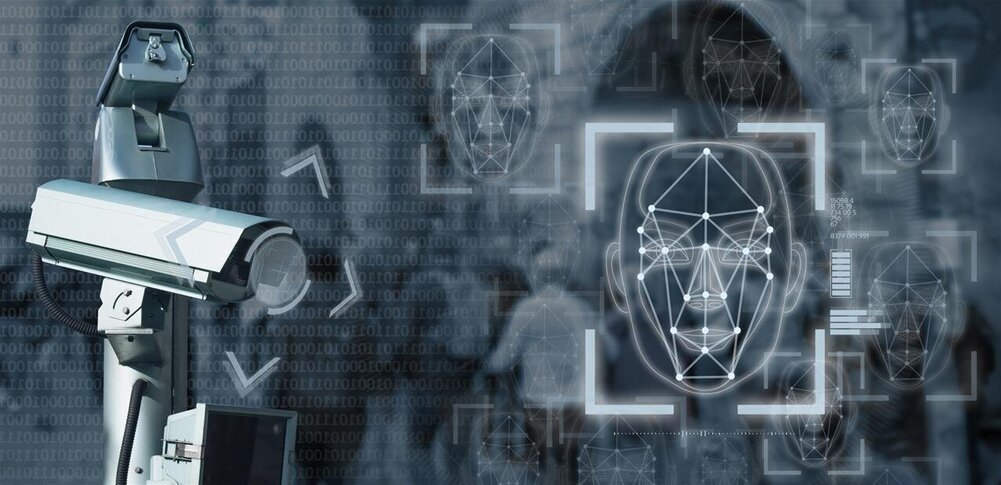Artificial intelligence (AI) can devise methods of wealth distribution that are more popular than systems designed by people, new research suggests.
The findings, made by a team of researchers at UK-based AI company DeepMind, show that machine learning systems aren’t just good at solving complex physics and biology problems, but may also help deliver on more open-ended social objectives, such as the goal of realizing a fair, prosperous society.
Of course, that’s not an easy task. Building a machine that can deliver beneficial results humans actually want – called « value alignment » in AI research – is complicated by the fact that people often disagree on the best method to resolve all kinds of things, and especially social, economic, and political issues.
« One key hurdle for value alignment is that human society admits a plurality of views, making it unclear to whose preferences AI should align, » researchers explain in a new paper, led by first author and DeepMind research scientist Raphael Koster.
« For example, political scientists and economists are often at loggerheads over which mechanisms will make our societies function most fairly or efficiently. »
To help bridge the gap, the researchers developed an agent for wealth distribution that had people’s interactions (both real and virtual) built into its training data – in effect, guiding the AI towards human-preferred (and hypothetically fairer overall) outcomes.
Mots-clés : cybersécurité, sécurité informatique, protection des données, menaces cybernétiques, veille cyber, analyse de vulnérabilités, sécurité des réseaux, cyberattaques, conformité RGPD, NIS2, DORA, PCIDSS, DEVSECOPS, eSANTE, intelligence artificielle, IA en cybersécurité, apprentissage automatique, deep learning, algorithmes de sécurité, détection des anomalies, systèmes intelligents, automatisation de la sécurité, IA pour la prévention des cyberattaques.






